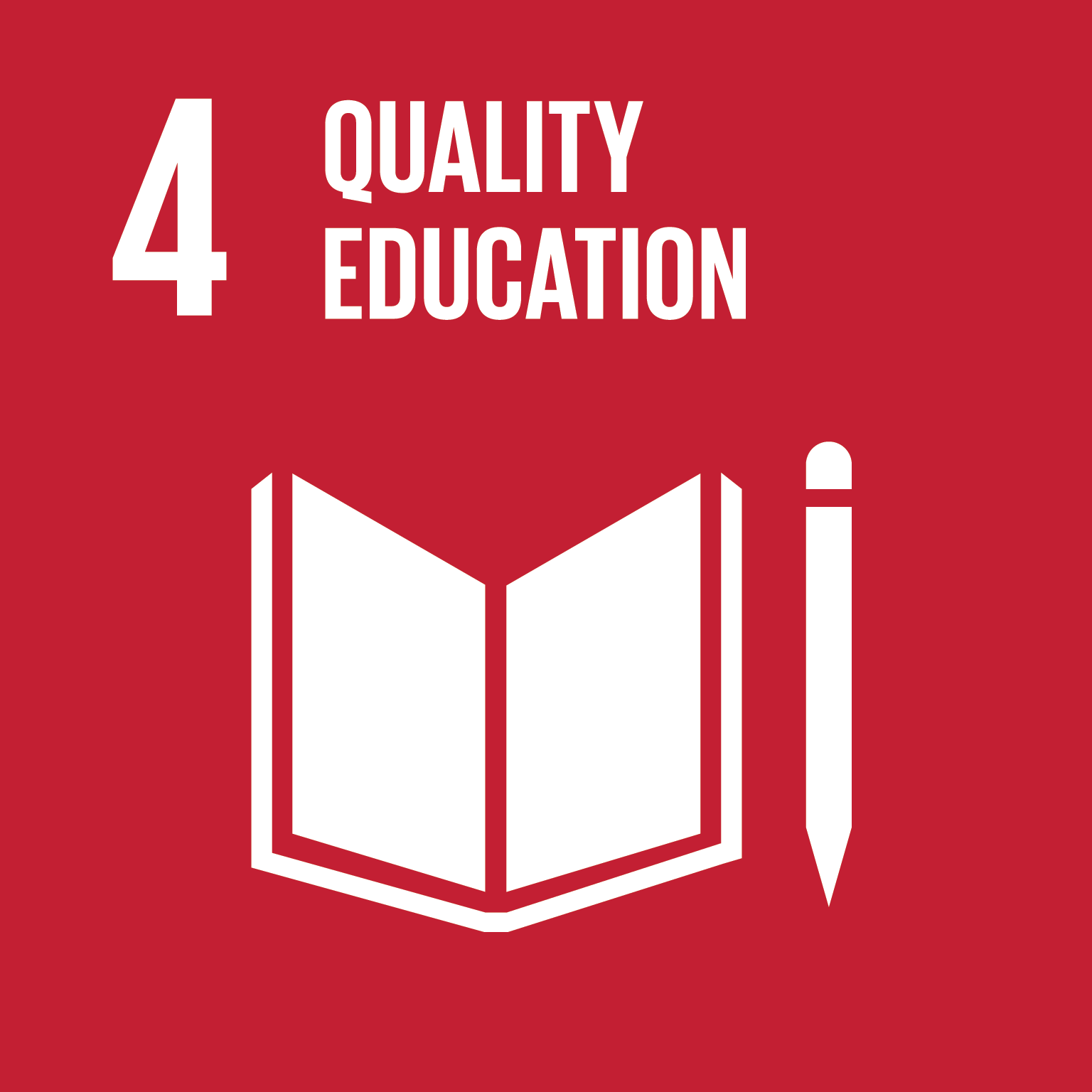Literacy for Life Foundation
Helping to build a community culture that values and supports learning & building literacy.
The Literacy for Life Foundation (LFLF) was established to address the issue of very low literacy levels in Aboriginal Adults. Originating in Cuba and applied in Australia to meet the needs of indigenous communities, the 'Yes I Can' model has taught more than 6 million people in 28 countries to read. Unlike other literacy programs, it focuses on helping to build a community culture that values and supports learning.
2016 Pitch
Funds raised: $86,050
Due to remote locations, LFLF fundraised an impressive $86,050 in 2016 to invest in a vehicle to help overcome the challenges of distance and inaccessibility faced by students wishing to attend class and post-literacy activities.
The impact...
Now that Brewarrina resident Neranellis Coffey, 41, has improved her reading and writing, she can’t wait to help others. “I want to read to my family, especially to the children,” she says.
Neranellis is one of more than 100 graduates who have taken part in the LFLF’s project to reduce low literacy among Indigenous adults.
“If people need help reading a book, filling out forms or help with the computer, I can help them with the skills I have learnt with [the foundation].”
For Australia's indigenous communities - typically remote and at times subject to extreme weather conditions - a reliable form of transport equals access. For adult students interested in literacy classes, a vehicle means education and opportunity. The funding meant they could purchase two Mitsubishi Triton utes - enough capacity to support multiple literacy campaigns locally by transporting students to and from lessons and post-literacy activities. Both vehicles are covered with insurance and roadside assistance and equipped for local conditions.
With this practical support to access of the LFLF program, attendance rates among Indigenous students in the LFL program have increased - and greater community involvement, improved adult literacy and higher levels of engagement by Indigenous parents in their children's education are following. Significant improvements in the level of adults literacy in the Brewarrina region have been recorded (with 50% of graduates negotiating a post literacy pathway). Neranellis says the way the entire community is engaged and supports the campaign is the reason it works. Everyone shares the success and gains inspiration from each other.
A key driver for inter-generational improvements in Indigenous education, the Brewarrina program was featured in the Prime Minister's Report 2017: Closing the Gap. Read the feature here.
Read their Impact Report








